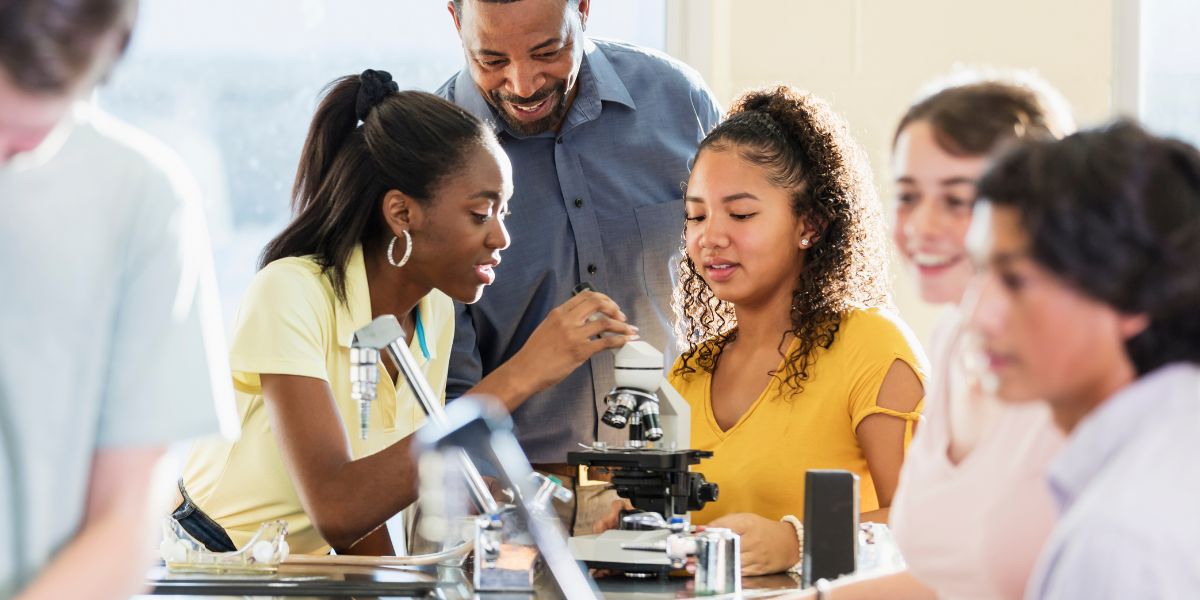
To establish an affordable science lab at your school, incorporating budget-friendly equipment options like beakers and test tubes can be a great start. But what about the more intricate tools needed for a comprehensive lab setup? There's a key strategy that can significantly reduce costs, and it involves getting creative with something you might have thought was only destined for the recycling bin. By repurposing certain materials, you not only cut expenses but also promote sustainability. Curious about how this approach can transform your science lab setup? Keep on exploring to uncover more cost-effective solutions that will elevate your students' laboratory experience.
Budget-Friendly Equipment Options
When setting up an affordable science lab at school, consider opting for budget-friendly equipment that meets essential requirements without compromising quality. Look for basic tools like beakers, test tubes, and graduated cylinders, which are essential for conducting experiments in various scientific disciplines. These items can often be purchased in sets or bundles at lower prices, saving you money without sacrificing functionality.
For experiments that involve measuring mass, a digital scale is a cost-effective option that provides accurate readings. Similarly, a basic microscope can be a valuable addition to your lab without breaking the bank. These tools will allow students to explore the microscopic world and conduct experiments that require magnification.
When it comes to safety equipment, prioritize items like safety goggles, gloves, and lab coats. While it's essential to ensure student safety, you can find affordable options that meet safety standards without exceeding your budget. By carefully selecting budget-friendly equipment that meets your lab's essential needs, you can create a functional and cost-effective science lab for your students.
Utilizing Recycled Materials
Consider incorporating recycled materials into your science lab setup to promote sustainability and cost-effectiveness. Look for items that can be repurposed, such as glass jars for storing specimens or plastic bottles for creating homemade sensory bottles. Old cardboard boxes can be transformed into storage containers for lab supplies, and newspapers can be used for cleaning spills or as disposable table covers during experiments.
Get creative with your approach by using egg cartons for organizing small items like beads or seeds, or by turning old CDs into reflective surfaces for studying light refraction. Plastic yogurt containers make great planters for growing classroom botanical specimens, while old fabric scraps can be used for DIY bean bags or sensory touch boards.
Additionally, consider reaching out to the school community for donations of recyclable materials like paper towel rolls, plastic containers, or aluminum foil for various lab activities. By utilizing recycled materials, you not only reduce costs but also teach students valuable lessons about sustainability and resourcefulness.
Partnering With Local Businesses
To enhance your school's science lab setup affordably, explore opportunities for partnering with local businesses to acquire resources and support.
Partnering with local businesses can be a mutually beneficial arrangement. Businesses often have surplus materials or equipment that they may be willing to donate to your school. For example, a local hardware store might donate tools, a tech company could provide old computers, or a pharmaceutical company might offer unused lab supplies.
By reaching out to businesses in your community, you can tap into a diverse range of resources that can greatly enhance your science lab without straining your school's budget. In addition to physical resources, businesses may also be willing to provide financial support through sponsorships or donations.
This collaboration not only benefits your school by providing much-needed resources but also fosters a positive relationship between the school and the local community. Take the initiative to connect with businesses in your area and explore how they can help support your science lab endeavors.
Grants and Funding Opportunities
Explore various grants and funding opportunities available to secure financial support for your school's science lab setup. Many organizations, both public and private, offer grants specifically tailored to help schools enhance their science facilities. Start by researching government grants at the federal, state, and local levels. The National Science Foundation (NSF) and the Department of Education are good places to begin your search. Additionally, look into nonprofit organizations like the American Chemical Society (ACS) or the National Science Teachers Association (NSTA) for grant opportunities.
Another avenue to explore is corporate sponsorships. Many companies have philanthropic arms that support educational initiatives, including science education. Reach out to local businesses or national corporations that prioritize STEM education to inquire about potential funding for your science lab.
Furthermore, consider crowdfunding platforms such as DonorsChoose or GoFundMe as alternative ways to raise money for your science lab project. By tapping into these diverse funding sources, you can make significant strides in setting up an affordable and well-equipped science lab at your school.




